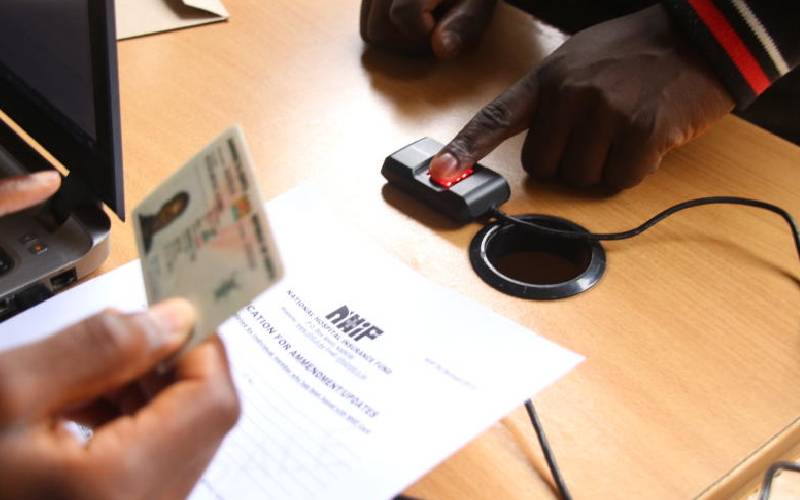×
The Standard e-Paper
Kenya’s Boldest Voice

The High Court has dismissed a case by the Rural Private Hospitals Association that had challenged mass biometric registration for members of the the National Hospital Insurance Fund (NHIF).